China favors plans for regional naval alliance to maintain peace
China says it will work for the establishment of peace and stability in the region and it supports plans for a regional maritime alliance to that end.
During a regular press conference on Monday, Chinese Foreign Ministry spokesperson Wang Wenbin responded to a question about Iran’s plan to form a naval alliance with Saudi Arabia, the United Arab Emirates and other Persian Gulf states that will also include India and Pakistan in order to safeguard regional stability.
"Upholding the peace and stability of the [Persian] Gulf region in the Middle East bears on the wellbeing of countries and people in the region," he said.
Iranian Navy Commander Rear Admiral Shahram Irani said on Saturday that the country will form new regional and extra-regional alliances to enhance security.
"Today, regional countries have realized that the establishment of security in the region requires synergy and cooperation," Irani said.
In the Monday press conference, the Chinese spokesman underscored the "vital importance" of peace and stability in the region to safeguarding international peace, boosting global economic growth and keeping energy supply stable.
"China supports regional countries in resolving disputes and cultivating good-neighborliness and friendship through dialogue and consultation."
He said Beijing would continue to play a positive and constructive role in promoting regional peace and stability.
Rear Admiral Irani's announcement of the establishment of the joint naval alliance irked US officials. Spokesperson of the 5th Fleet and Combined Maritime Forces Cmdr. Tim Hawkins said on Saturday it "defies reason" for Iran to be part of a regional naval alliance, claiming that the Islamic Republic is the main reason for maritime insecurity in the Persian Gulf region.
The contours of the regional alliance is coming into shape a year after the Israeli regime announced that it, together with the United States and their regional Arab allies, would establish what they called a "Middle East NATO” to counter the influence of Iran in the region.
The concept was hyped by American and Israeli military officials ahead of President Joe Biden’s visit to West Asia in July. The aim was to forge better coordination between the allies to defend each other against perceived Iranian ‘threats.’
The Israeli dream of an anti-Iran alliance, however, has been shattered as a number of Persian Gulf Arab countries, led by Saudi Arabia, have since begun shifting their alliances and restoring their relations with Iran.
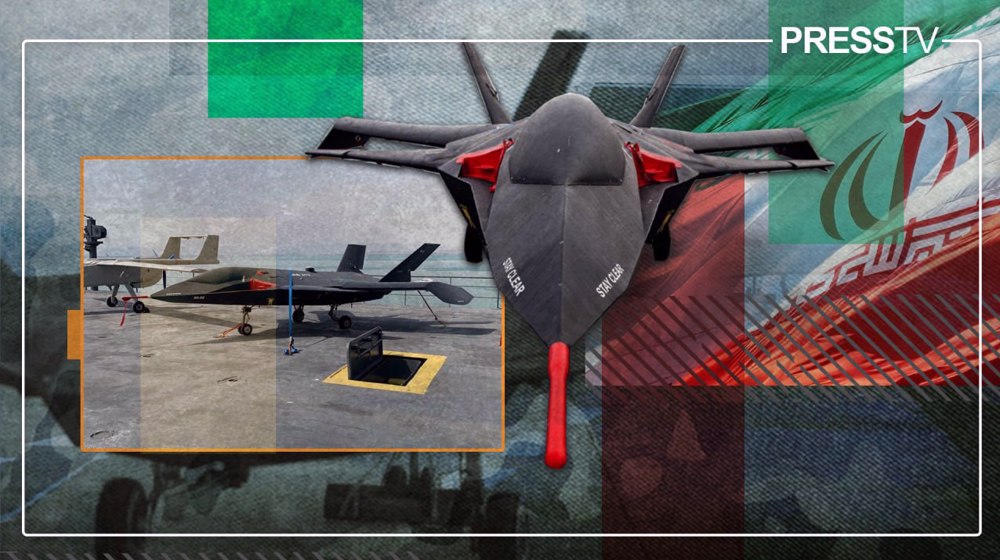
Explainer: How does carrier-based Jas-313 drone boost Iran’s naval capabilities?
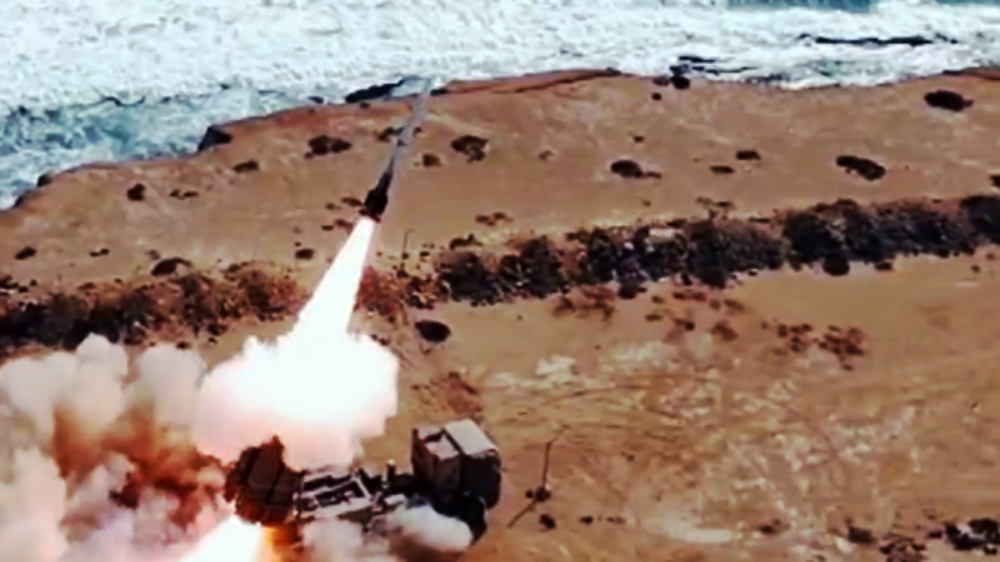
Iran Army conducts over 160 special operations during Zolfaqar 1403 maneuvers: Cmdr.
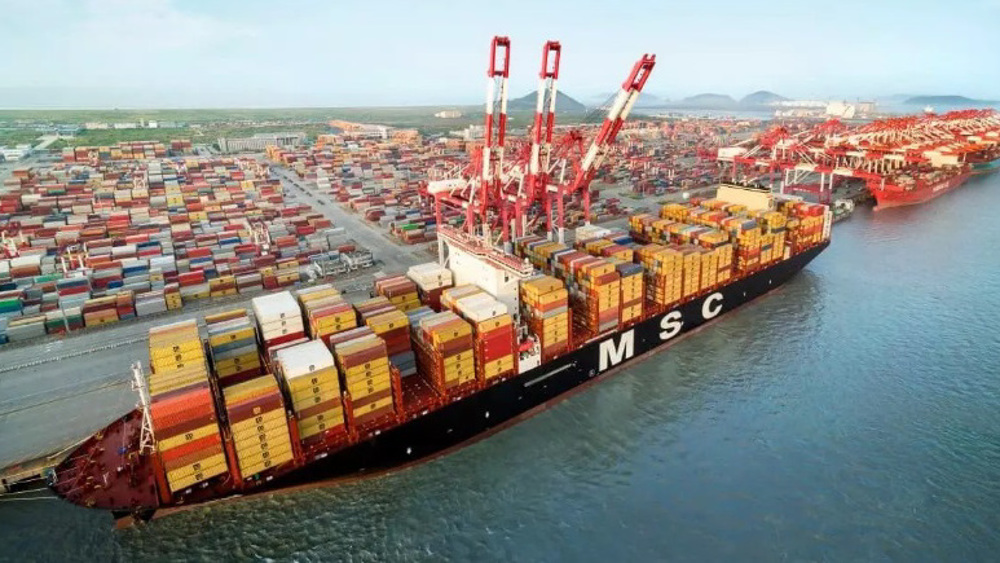
Iran releases 1st video of Israeli-linked ship seized last April
VIDEO | Arab summit and occupation project
VIDEO | Growing transatlantic rift
VIDEO | People in Gaza welcome holy Ramadan amid devastation
Palestinian child in Gaza documentary holds BBC responsible for fate after persecution
US engaged in direct talks with Hamas: White House
Iran’s largest oil producer reports increase in output
VIDEO | Press TV's news headlines
VIDEO | Gaza humanitarian crisis


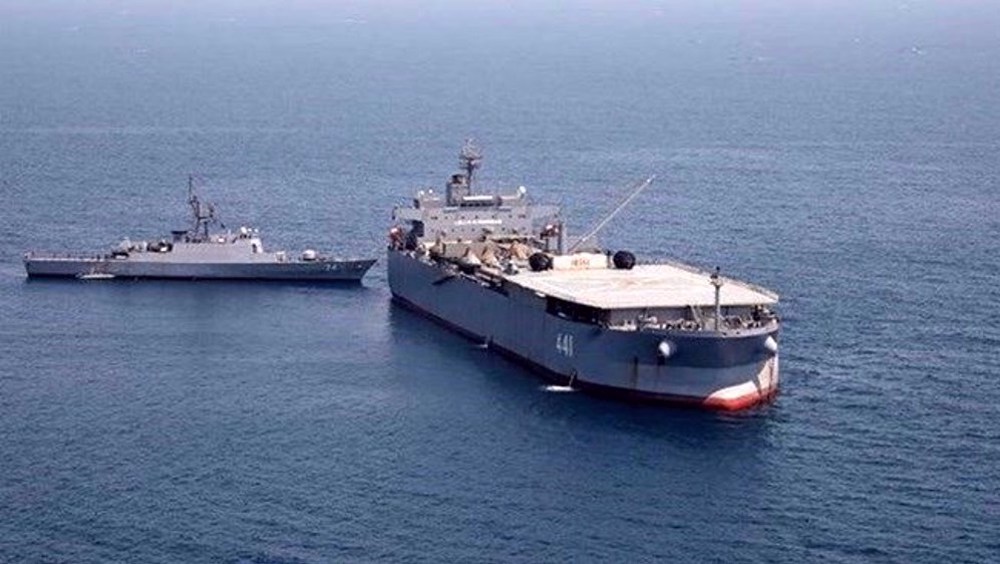
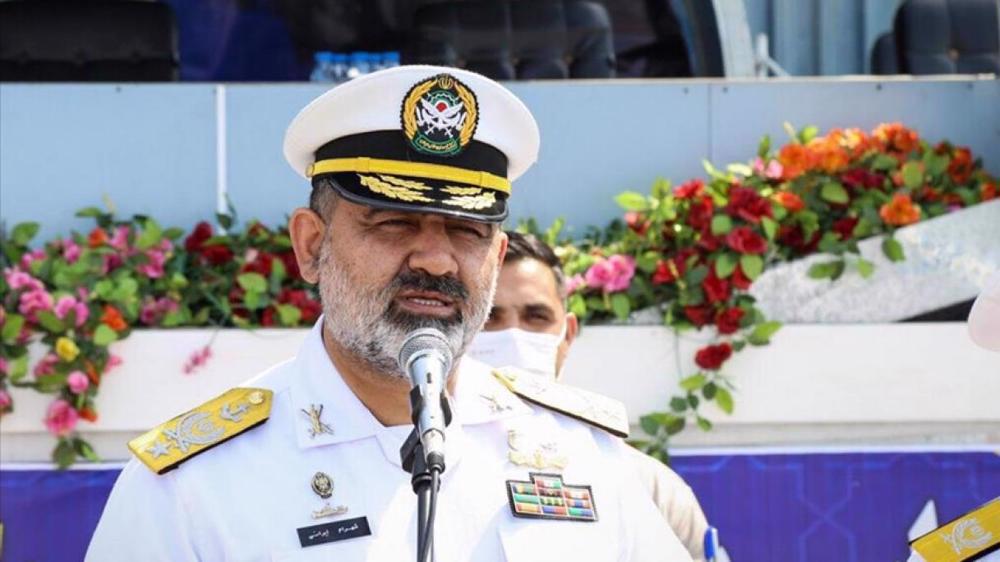




 This makes it easy to access the Press TV website
This makes it easy to access the Press TV website